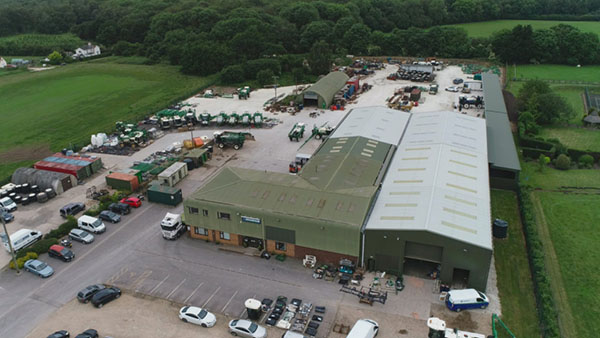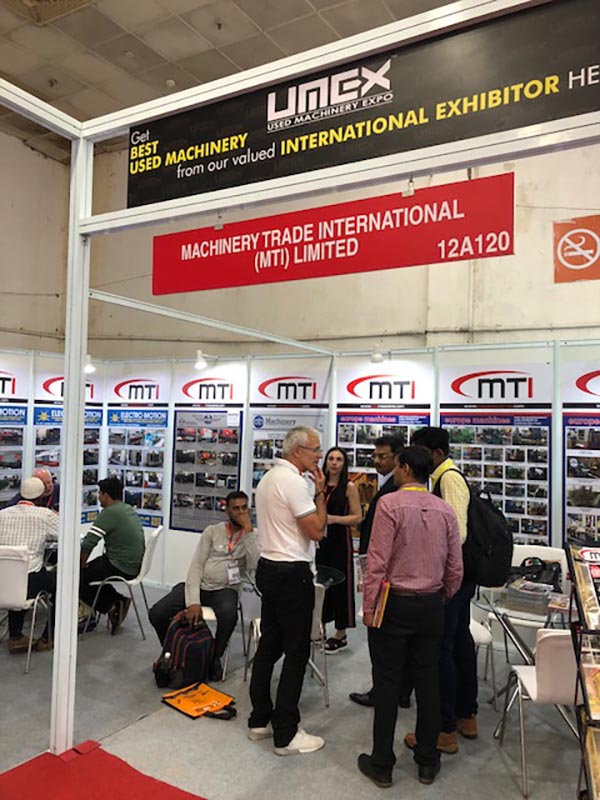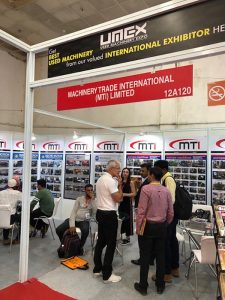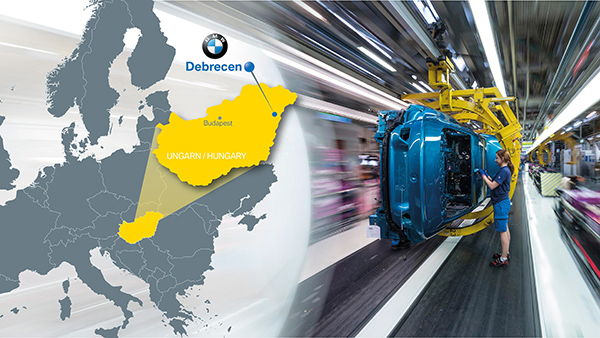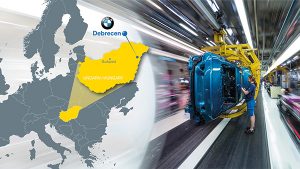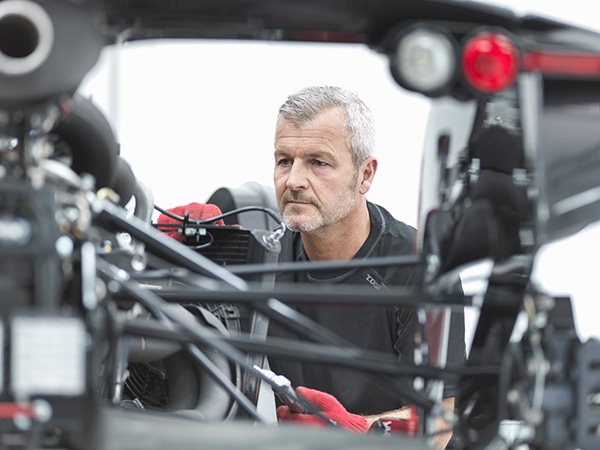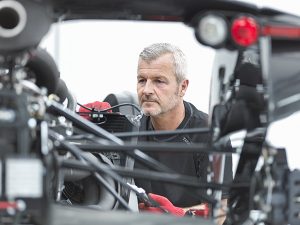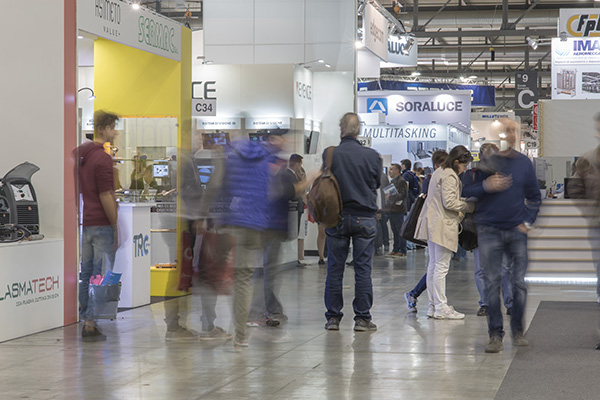Househam has completed work on a six-figure investment at its new factory in Woodhall Spa, Lincolnshire.
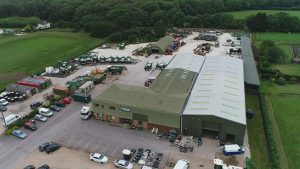
The new facility increases the company’s factory’s footprint by 30% and production capacity by 50%, with double the number of construction bays for Househam’s latest self-propelled agricultural sprayers. There is even space to test the biggest sprayers in the company’s range. The expansion comes after a successful 12 months for Househam, which saw the company grow its exports by 25%. The factory also houses a second-hand workshop, offering servicing and parts to its global customer base.
For further information www.househamsprayers.co.uk






